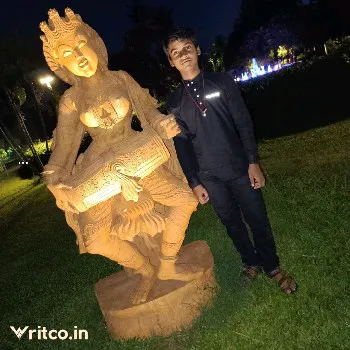Mahatma Gandhi
Introduction
A very simple essay about a very extraordinary man, here we provide an essay on ‘bapu’, the father of the nation, Mahatma Gandhi. Who with his deed always stay as an immortal hero in the hearts of Indians. This essay is about Mahatma Gandhi for students and children in a very basic language which could be helpful for any school, college, assignment exam or competition.
Early life
Popularly known as Rastrapitta or father of the nation, Mahatma Gandhi’s full name was Mohandas Karamchand Gandhi. He was born on 2nd October 1869 in Porbandar, in the present state of Gujarat. born in a Hindu merchant family his father served as dewan of the portabdar state. His middle name karachand is his father’s name which was used along with Mohandas in his name.
One of the great figures of freedom fight of India, Rabindranath Tagore also named him THE MARTYR OF THE NATION’ since 1948 as he played very vital role in the freedom of India from the British rule of 200 years.
At the age of 18, he did his law from London and went to British colonies to practice his law were a life changing incident...
A very simple essay about a very extraordinary man, here we provide an essay on ‘bapu’, the father of the nation, Mahatma Gandhi. Who with his deed always stay as an immortal hero in the hearts of Indians. This essay is about Mahatma Gandhi for students and children in a very basic language which could be helpful for any school, college, assignment exam or competition.
Early life
Popularly known as Rastrapitta or father of the nation, Mahatma Gandhi’s full name was Mohandas Karamchand Gandhi. He was born on 2nd October 1869 in Porbandar, in the present state of Gujarat. born in a Hindu merchant family his father served as dewan of the portabdar state. His middle name karachand is his father’s name which was used along with Mohandas in his name.
One of the great figures of freedom fight of India, Rabindranath Tagore also named him THE MARTYR OF THE NATION’ since 1948 as he played very vital role in the freedom of India from the British rule of 200 years.
At the age of 18, he did his law from London and went to British colonies to practice his law were a life changing incident...




